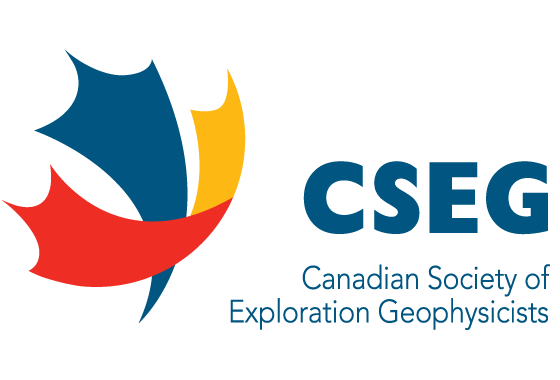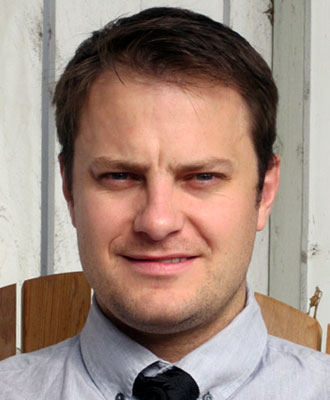Abstract
In recent years seismic data interpolation has been a major focus area for geophysical research. These efforts aim to compensate for inadequate spatial sampling of sources and receivers to precondition the data for prestack migration. Interpolation algorithms rely on a variety of signal processing strategies with the underlying assumption that there is sufficient simplicity in the observed wavefield for it to be represented using a finite number of basis functions. Signal processing based methods are attractive because they are relatively inexpensive and require little to no user intervention to achieve a reasonable result.
Another emerging strategy to compensate for the effects of poor sampling is Least Squares Migration (LSM). LSM, in its various forms, has been an active research topic for many years but has gained traction recently due to increased computational ability. As a regularization engine LSM is an attractive alternative to signal processing based approaches because of its ability to preserve subtle features such as faults and diffractions. While Fourier based regularization algorithms can be viewed as a deconvolution of the sampling operator from the recorded data, LSM can be viewed as a deconvolution of the illumination from the migrated image. In this light LSM is able to compensate for more than poor sampling of sources and receivers at the surface of the earth; it also compensates for velocity contrasts that lead to poor illumination of the subsurface.
In this talk I will outline three popular signal processing based algorithms that are used to interpolate seismic data and explore their connection with Kirchhoff and Wave Equation based LSM.
Biography
Aaron Stanton completed a BSc in Geophysics from the University of Alberta in 2006. From 2007 to 2011 he worked as a processing geophysicist for CGG in Calgary, the UK, and Nigeria. He is now pursuing a PhD in Geophysics at the University of Alberta where his PhD work is focused on the regularization and imaging of multicomponent seismic data. Aaron was awarded best student poster/presentation award at the SEG annual meeting (2012), and best CSEG Recorder article (2013). He is a member of the Canadian Society of Exploration Geophysicists (CSEG), European Association of Geoscientists and Engineers (EAGE), and Society of Exploration Geophysicists (SEG).






